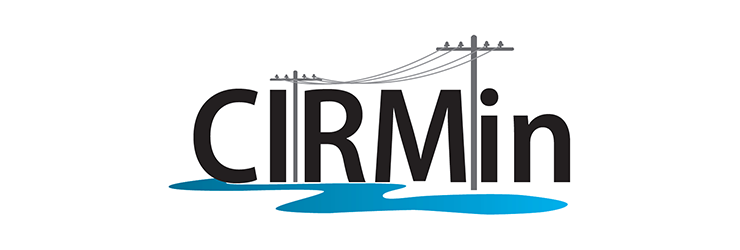CIRMin
Critical infrastructure resilience as a minimum supply concept

The interdisciplinary research project KIRMin investigated dependencies between essential basic supply infrastructures (so-called critical infrastructures) in Germany and developed a concept for the minimum supply of the population during a power outage. The results can be integrated into the risk and crisis management process of cities and municipalities.
DIN coordinated the development of DIN SPEC 91390 Integrated Risk Management in Civil Protection. This DIN SPEC specifies requirements and gives recommendations for the systematic networking of the relevant actors in risk management. This includes analyses that consider the impact of the failure of critical services on the population or the collection of essential data regarding the resources and capabilities of federal or municipal bodies as well as the operators of critical infrastructures. This DIN SPEC also recommends at which point in time during the integrated risk management process the relevant parties should share this information with each other. Federal or municipal bodies are the primary initiators of integrated risk management, yet operators of critical infrastructures can also initiate such a system themselves if necessary. When establishing integrated risk management, the scope may also extend to additional actors such as emergency services, responsible authorities and incident operations teams. This DIN SPEC clarifies how the effective exchange of information should take place during the risk management process, not just between federal and communal bodies, but also operators of critical infrastructures.
Project period
06/2016 - 09/2019 (extended untill 12/2019)
Project partners
- TH Köln (University of Applied Sciences in Cologne) / IRG (Institute of Rescue Engineering and Civil Protection)
- (responsible for consortium management, and work package II and III)
- BKK (German Federal Office of Civil Protection and Disaster Assistance; responsible for management of work package IV)
- University of Stuttgart (IREUS – Institute of Spatial and Regional Planning; responsible for management of work package I)
- inter3
- United Nations University (UNU-EHS)
- DIN
- Berufsfeuerwehr Köln (Cologne Fire Department)
- RheinEnergie
- RWE/RWW
- The city of Kerpen and the Rhein-Erft district
- Stadtentwässerungsbetriebe Köln (Cologne city water and sewage authorities)
Project funding
BMBF (German Federal Ministry of Education and Research)
Official funding title: Zivile Sicherheit – Erhöhung der Resilienz im Krisen- und Katastrophenfall (“Civilian safety – Increasing resilience in a crisis or catastrophe”
